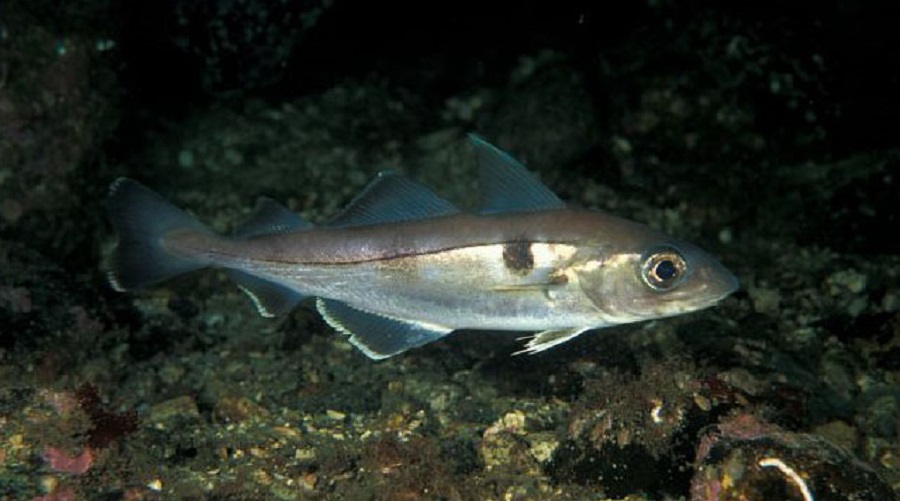In July 2024, the Sea Around Us turns 25 years old.
During this quarter-century, the project has been dedicated to examining the impacts of fisheries on the marine ecosystems of the world. It has been and remains instrumental in ocean conservation.
In July 2024, the Sea Around Us turns 25 years old.
During this quarter-century, the project has been dedicated to examining the impacts of fisheries on the marine ecosystems of the world. It has been and remains instrumental in ocean conservation.

Melanogrammus aeglefinus or haddock. Photo by Salesjö, A., FishBase.
An international team of researchers gathered in the FISHGLOB Consortium has released a new dataset that presents standardized information from publicly available scientific bottom trawl surveys conducted in the waters of 18 countries from 1963 to 2021 and covering over 2,100 fish species.
Sharks have persisted as powerful ocean predators for more than 400 million years. They survived five mass extinctions, diversifying into an amazing variety of forms and lifestyles. But this ancient lineage is now among the world’s most threatened species groups due to overexploitation in poorly regulated fisheries and the proliferation of wasteful finning practices.
In his quest to provide support to his Gill Oxygen Limitation Theory, the Sea Around Us PI, Dr. Daniel Pauly, has written a short foreword to the 1974 chapter “The Tactics and Strategy of Growth in Fishes” published by Derek Iles in the book Sea Fisheries Research.